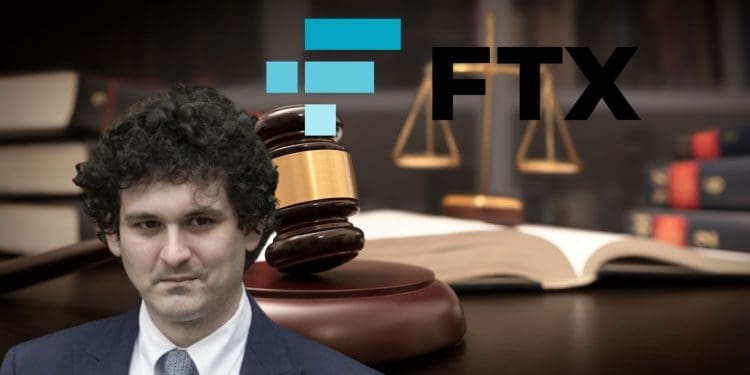- Sam Bankman-Fried was convicted of fraud charges in December; his attorneys requested delaying his upcoming sentencing, citing potential second trial, but judge denied request
- Defense argued sentencing should wait until resolution of possible second trial with additional charges to avoid multiple presentencing processes
- Judge Kaplan denied delay for now, noting no objection to original sentencing date; said sentencing could be postponed later if second trial happens, but presentencing interview will proceed as scheduled
Sam Bankman-Fried, the former CEO of the now bankrupt cryptocurrency exchange FTX, was convicted on fraud charges last month. His attorneys requested an extension for his upcoming sentencing, citing a potential second trial, but the judge denied that request.
Background on Bankman-Fried’s Fraud Conviction
In December, Bankman-Fried was found guilty on seven charges of fraud and conspiracy. Prosecutors alleged he misused FTX customer funds as well as Alameda Research lender funds.
He faces sentencing on March 28. His attorneys asked to delay that process, including a presentencing interview scheduled for this week.
Reasons Given for Requesting Delay
In their request, Bankman-Fried’s lawyers said he may face a second trial on additional charges, with a tentative start date of March 11.
They argued he should not begin the sentencing process until those potential extra charges are resolved. Otherwise, there could be two separate presentencing reports and sentencing hearings for overlapping conduct.
Judge’s Rationale for Denial
Judge Lewis Kaplan denied the request to delay sentencing. He noted the defense did not object to the original March 28 sentencing date when it was set over six weeks ago.
Kaplan said if a second trial does occur, sentencing could be postponed at that time. But for now the presentencing interview will proceed as scheduled on Thursday.
Conclusion
Bankman-Fried will move forward with the initial sentencing process as planned, despite his attorneys’ attempt to buy more time. The judge was not convinced a delay was warranted yet, though sentencing could still be pushed back depending on the potential second trial.














